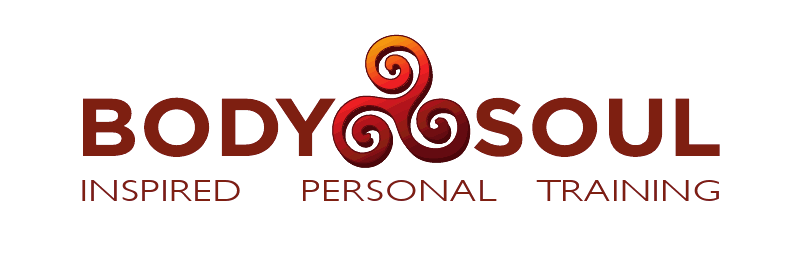FOCUS: The Center of Interest or Activity
Written by Joe Martin
In our quest to better ourselves, we often get lost in the pursuit. Whether life gets in the way or we cannot keep up with the many habits we have created, eventually we grow tired. The latter seems to affect many of the novice exercisers. As an observer and participant in the fitness population, I witness this all the time. For example, a new gym member will show up every day crushing their workouts for a period of time, and then, you never see them again. This situation is nothing more than a lack of focus. Instead of setting lofty goals, such as exercising profusely until we reach our goal, we need to shift our focus.
Goals need to be SMART. A much smarter (see what I did there?) individual than myself, George T. Doran, came up with the acronym S.M.A.R.T for goal-setting. It is an acronym that I use to keep myself focused and recommend to anyone who is trying to attain specific and measurable objectives.
S.M.A.R.T goals are:
Specific
Measurable
Attainable
Realistic
Timely
For example:
S- I want to lose ten pounds.
M- I will weigh myself once a week to gauge my progress.
A- I can lose this weight and do so in a timely manner.
R- The time frame I gave myself is in line with health guidelines regarding weight loss (1-2lbs per week on average).
T- If I am setting the goal to lose ten pounds with the weight loss rate of 1-2lbs per week, I should reach my goal in 5-10 weeks.
Once my SMART goals have been defined, I need to shift towards a new focus. Outcome-oriented goals are great; they allow us to put a qualitative number on our goals and leave no room for subjectivity. We either reach our goal or we do not. After you have written down your list of SMART goals, I urge you to list three process-oriented goals that will aid in your achievement of those goals.
Process-oriented goals shift our focus from the rigidity of our outcome-based goals and allow us to enjoy the PROCESS. Using the above as an example, my outcome-based goal would be to lose ten pounds. Because I have an outcome-based goal, an outcome I would hope to achieve, I can then apply three process-oriented goals that will assist me in achieving my outcome-focused goal.
My process-oriented goals are:
1). Begin resistance training three times per week.
2). Train aerobically (cardiovascular training) two times per week.
3). Keep a food log while making note of any areas where I can improve my food selection.
Process-oriented goals act to assist in the process of reaching your outcome goals. Shifting your focus to the process rather than the outcome achieves two fundamental aspects of lifestyle change.
1). It allows you to stay on track. If you are not losing weight at the rate you should, you know that something needs to change. Look to your food log and be aware of what you are eating or increase your frequency/intensity of your workouts. Use your food log to make adjustments to your diet or add an extra cardio session to your weekly workouts.
2). It allows you to enjoy the process by focusing on the process. Do not let your outcome dictate your circumstance. You should feel great that you are sticking to your process; the outcome will follow if you allow the process to shape it.
A goal involving a process will essentially form the outcome. If we can learn to enjoy, maintain, and trust in the process, everything else falls into place. Learn to take on less than you can chew both in the gym and on your fork. Set reasonable goals. Create your process, and lead by example.
Be well,
Joe
